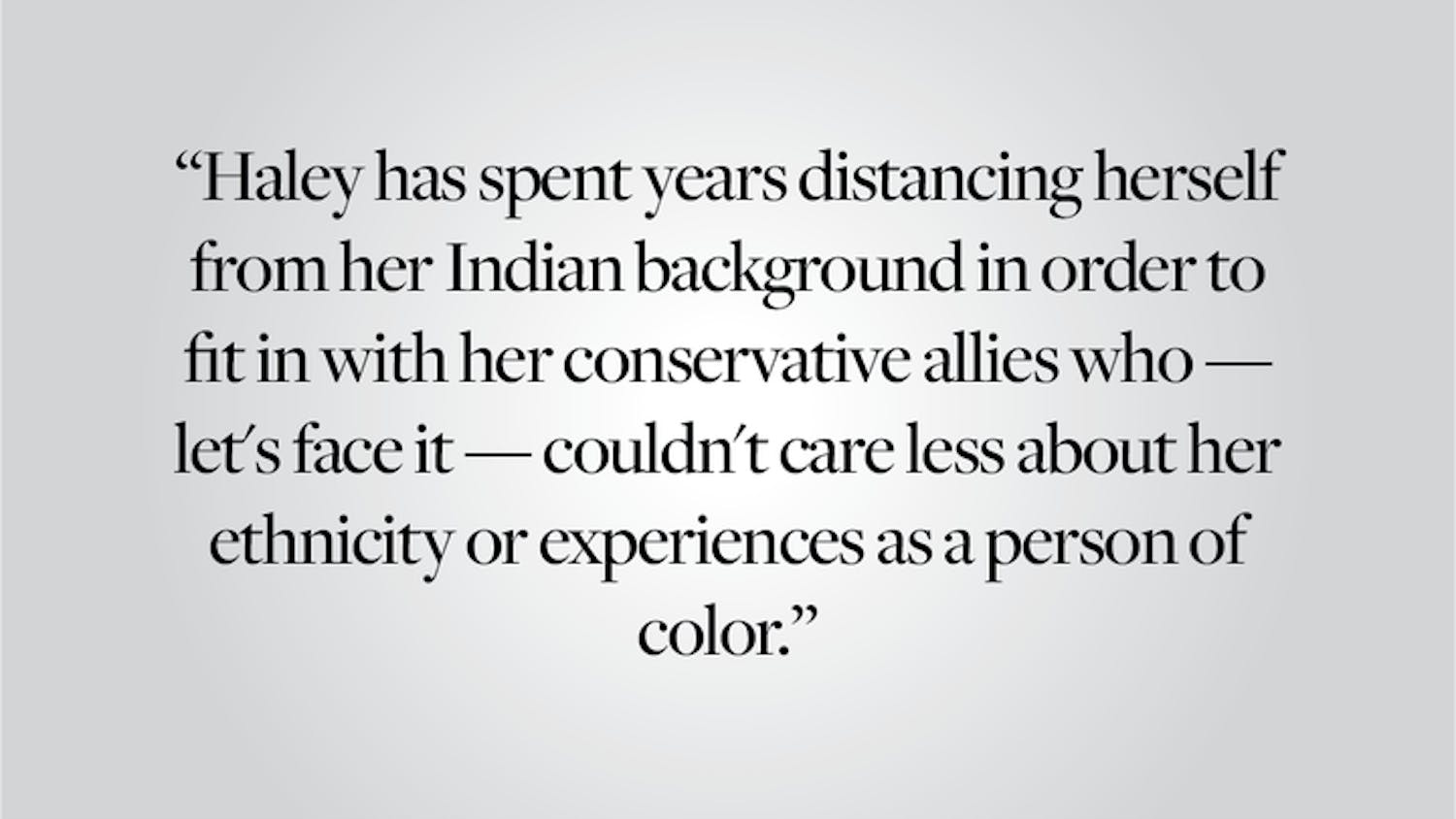The Health Careers Advising office at Brown is committed to a holistic approach to supporting students and alums interested in pursuing studies and careers in the full range of health professions, preparing them to be successful in an exceptionally competitive environment.
Each year between 700 and 800 Brown students and alums indicate interest in the health professions, with 140 to 150 moving forward with applications to medical school in the last academic year. In an environment where national acceptance rates are about 41 percent and many highly selective programs accept just 2 percent to 3 percent of applicants, Brown students and alums continue to excel in a challenging and long process, with approximately 85 percent to 90 percent accepted each year.
We are dedicated to supporting current undergraduates and recent alums through the process of self-reflection and preparation necessary in deciding to apply to the range of clinical health professions — a process that spans their studies at Brown and often extends after graduation. But as Suvy Qin’s recent article (“Applicants struggle with structural flaws in pre-health advising system,” Oct. 28) made clear, there is still work to be done to fully support all Brown students and alums interested in pursuing a medical career. The article details several important concerns with the medical school application process, including Brown’s approach to advising and the process through which our office prepares and transmits institutional letters of support on behalf of applicants. The article also shares concerns of students pursuing pre-health tracks outside of pre-med.
The Office of the Dean of the College has taken several steps in the last two years to address some of these issues, including increasing the staffing from one full-time advisor to two and, this September, adding a half-time Writing Project Specialist to ensure that applicants have thoughtful, thorough and timely support in the institutional letters we prepare. In addition, this spring we will conduct a detailed review of the office to continue to identify ways we can further improve. As part of this process, we will involve faculty members and students as well as outside reviewers from peer institutions in a robust assessment that will inform further enhancements to the program.
The health careers advising process at Brown is holistically designed to introduce students to the range of health professions; the skills, knowledge and experiences required of today’s physicians and of clinicians in other fields; and the preparation they need to apply to their chosen professional schools. The support letters that HCA provides for professional school applications can understandably become the focus of much of our students’ efforts — and their anxiety — but we’re always aspiring toward appreciation of a process that goes beyond the letters. By encouraging students to reflect on the wide array of health career options and on their own personal and professional goals, the HCA office seeks to inform potential medical school applicants about the ways their approach to their education can best prepare them for all they hope to achieve upon leaving Brown.
The office encourages students and alums to select a broad and deep course of study and to participate in activities that inform the student’s interest in medicine, the sciences and the social and humanistic contexts of healthcare. This includes urging students to take advantage of opportunities to engage in the community, for example, by participating in shadowing opportunities with physicians or volunteering in a clinical setting, as well as engaging in research that relates to their interests and informs them of the scientific, clinical, social and other dimensions of health and medicine.
HCA also keeps Brown students and alums up to date with evolving requirements. The office periodically reviews medical programs’ stated curricular and other expectations to provide precise advice about a field that is continually evolving. During the past three years, the HCA office has continually reviewed the evolution of the Medical College Admission Test launched in 2015, consulting with relevant science, technology, engineering and mathematics and non-STEM departments to offer students and alums guidance about preparing to meet new medical school requirements. This effort has led to a transition in our coursework recommendations to students and will likely result in a new cognitive, linguistic and psychological sciences course in the coming academic year.
Through our approach, HCA is committed to assisting students and alums to develop the essential competencies expected of all health professionals. These include an interest in scientific inquiry, a keen understanding of the promises and challenges of the profession and a deep appreciation for the complex medical landscape into which they hope to transition.
Certainly, for students who decide to apply to medical school, a key component of the support we offer is assistance assembling a Health Careers dossier. Completion of the dossier follows participation in a series of applicant seminars and an interview with a member of Brown’s Health Careers Advisory Committee. Preparing the HCAD allows students and alums to reflect on and articulate their engagement in a wide range of meaningful activities that inform their application.
We know that the application process may appear daunting. But given the lengthy, expensive and highly competitive application process and the very low rates of admittance, this process seeks to help applicants establish the most successful applications possible. Our only motivation is what’s in the best interests of our students — to provide every applicant with the greatest possible chance of success. Urging some students and alums to pursue additional coursework or other activities puts them in a stronger position to apply in the future.
We understand that there is a misconception among some students and alums that one individual may determine the content of the University’s institutional letter. But the letters are a comprehensive and collaborative document that emerges from a detailed and highly personalized process. It integrates the input from the HCAD, the interview with a member of the Health Careers Advisory Committee, the deep awareness of applicants’ qualities and accomplishments provided in several letters of recommendation from faculty members and supervisors and an overview of the applicant’s academic exploration and accomplishments.
I’ll state again that we know there is still work to be done. The additional resources invested will undoubtedly help alleviate some of the concerns of our students and alums. But we are committed to doing more to ensure that all students interested in a medical career feel assured that we know them as individuals and feel fully supported by our office. While the planning for the review of HCA is in its early stages, we will move forward with the process this spring and involve members from the Brown community in the discussion.
We understand that the path to applying to medical school is long and demanding — and is most often inflected with deep personal and familial aspirations. Our goal is to help students and alums who choose this path to be in the best position to succeed.
Dean of the College Maud Mandel can be reached at maud_mandel@brown.edu. Please send responses to this opinion to letters@browndailyherald.com and othre op-eds to opinions@browndailyherald.com.




